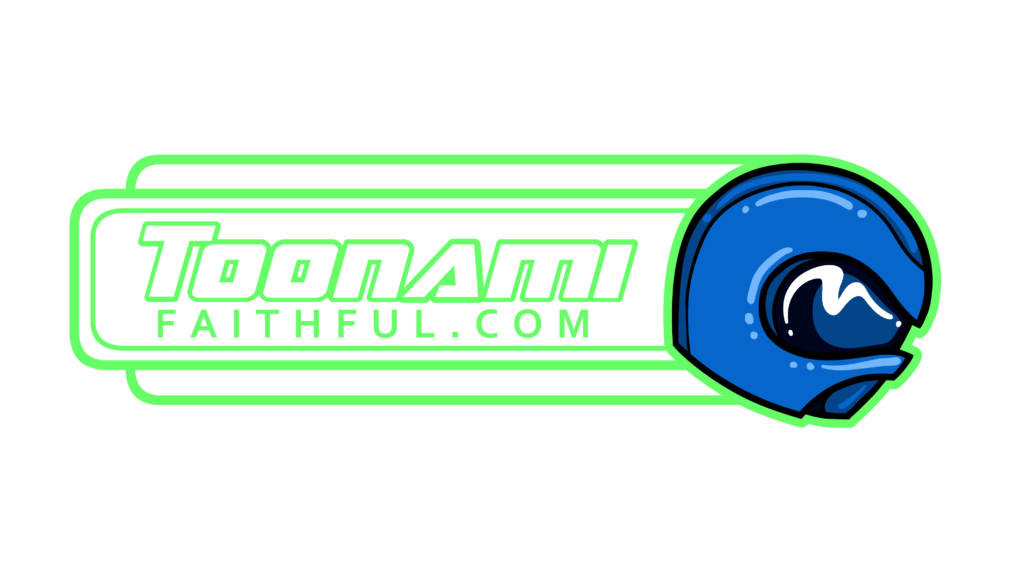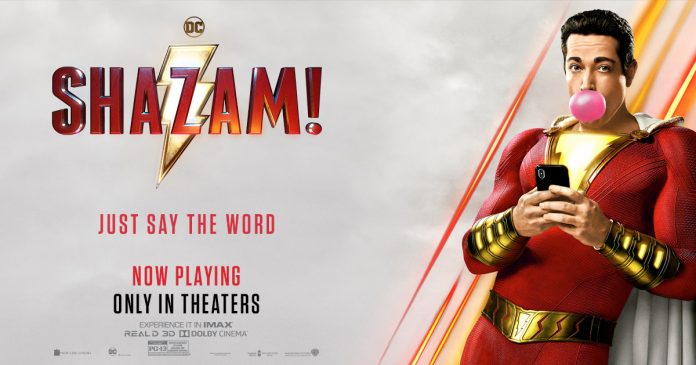See, this is what should be happening more among the DC line-up: Having fun, and experimenting with, properties and titles.
Shazam! wasn’t really top-tier, to anyone who hadn’t heard of him before the hype-train started rolling for this film…all the way back when Dwayne Johnson—of course—was slated to play the titular hero. Like Marvel, DC has their backroom lounge selection of heroes and villains (and, to be quite honest, I really wanna see Condiment King on the silver screen, now!!), but that works in their favor, with this one. Director David F. Sandberg’s strength isn’t with horror—never saw Annabelle, but the feature-length iteration of Lights Out was pretty trash—it’s grounded in emotional character pieces, weaving entertaining stories that also hit us in the feels.
This is like an ‘80s serial, brought to the big screen, and I mean that with all due respect. Look back at clips from the old Shazam! TV shows, and you’d feel the same campy, yet rooted in-house devotion to making the character his own, in standing him out from the grim and gritty likes of Batman, or the (admittedly) unrelatable and ungodly do-gooder, Superman. This film, too, isn’t afraid to be silly—by the trailers, wasn’t (and isn’t) averse to sacrificing believability for fun’s sake. Yes, the final punch-up between Billy Batson’s idol of heroic perfection and villainous Dr. Sivana goes for a bit too long, but that’s okay…because of what the rest of the piece gets right.
We have fun with big Billy as he learns what strengths his new powers grant him, but the film also delivers some pretty poignant emotional gut-punches, too…and all of it works really well together. The soundtrack is awesome, too, especially during the montage bits. For as “light and breezy” as the film is (as Captain Midnight put it on his YouTube break-down of the film), I felt myself going Awwww almost as much as I was going Aww, sh*t!
The action scenes are fun and lively, not staying in one area for too long. There’s a lot of variety, too, when it comes to what we see—whether it’s a straight-up brawl, or something a bit more insightful and intelligent, like the last moments with our hero-villain struggle. Still not sure if the Shazam-Sivana fight should’ve been cut down, or amped up even more…ask me after another viewing. Creepy visuals—but well-done, at that—are showcased in Sivana’s power-set, especially, but it’s not out of the realm of something we’d see on, say, the much-beloved Arrow-Verse shows, either.
Asher Angel is great, as 15-year-old Billy, and carries a lot of the emotional weight of the story. If storytelling structure has taught us anything, though, it’s that he’s not our sole protagonist; he isn’t the first character we meet, in the film’s opening, and this is as much Dr. Sivana’s story as it is Billy’s. Zachary Levi (Chuck, Disney’s Tangled)’s portrayal of…I’m just going to call him “older Billy”…is foiled by Mark Strong’s Sivana character—two sides of the same coin, a villain whom was created out of the polarity dynamic of the hero in-question. It gets quite meta, sometimes, with the whole hero-villain dichotomy, contrasting Shazam’s alleged, overt “goodness” against the world-tarnished façade of Sivana’s grizzled demeanor. Jack Dylan Grazer (IT (2017)) delivers some of the more heartfelt moments I mentioned earlier, as Billy’s foster brother, Freddy, but not all by himself; Cooper Andrews (AMC’s Halt and Catch Fire, The Walking Dead) and Marta Milans lend a lot of heart to their foster parent roles, actually making me care about side-characters in a blockbuster, in their portrayals and how they’ve come to care for the other kids in the house. Adulting is hard, but it doesn’t have to be a solo mission; Billy grows to accept this, unleashing his full power, in the process. It all culminates in a third-act wow-fest that totally fits, and I’m glad wasn’t hinted at in the trailers or spoiled on IMDb!!
All-in-all, Shazam! is exactly what I wanted. Sequelizable, sure, but I’m actually okay with it being a one-off success on its own. It’s a testament to the kind of magic that happens when studio profitability can compromise with artistic freedom, on the side of the writers and actors—when fun is the focal point, and the audience is considered, first and foremost.
Score: 10 Out of 10

